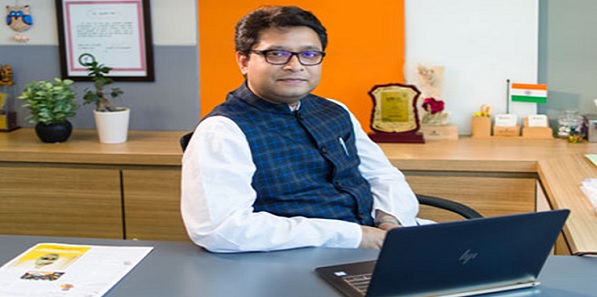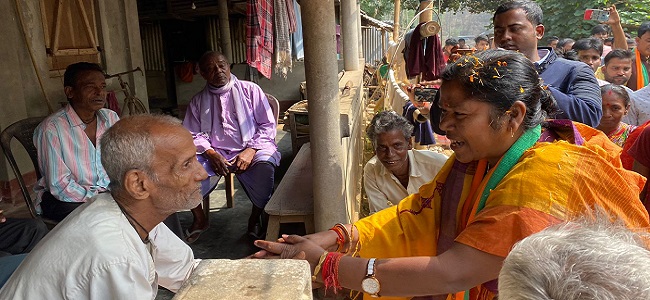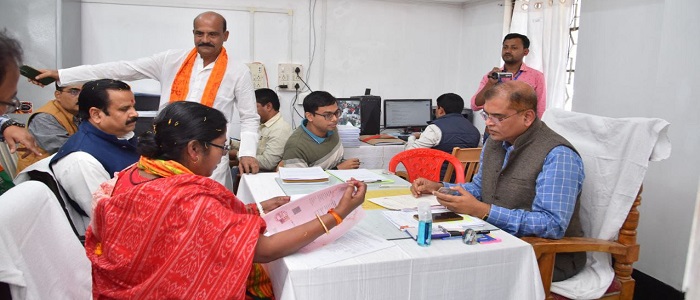The Honourable Prime Minister has taken his 2014 Make-in-India mission to its logical second stage by stressing the need to create a Bharat that is Atmanirbhar or self-reliant. As Krishnamurthy V. Subramanian, the Chief Economic Adviser to the Government of India, explained recently, this is not about creating an inward-looking economy but about creating an economy that can stand on its own in the face of competition. It’s about creating a value chain that will stand global scrutiny of India’s quality and efficiency. It will also be about leveraging and unlocking values of our traditional economic strength.
In other words, his explanation is about tapping our own strength in all economic fields and being export competitive. I have always argued in favour of agriculture. And I think agriculture will have a bigger role to play as Make-in-India is taken forward.
The argument is very simple. Agriculture and the allied industry have huge employment potential. We are the sixth biggest market among all the nations in food and grocery. Yet our food processing industry still has a long way to go. Agriculture is the sector that has a huge untapped potential and can change the face of the country if the potential is realised the way Gujarat has realised its potential in the dairy sector.
This is not to say that the conventional industrial segment is not needed. Industry has its place. But agriculture has a huge potential to unleash a long chain of development related to it, from the field to the market. According to Invest India, a Government of India initiative, the processed food market is expected to grow to $543bn by 2020 from $322bn in 2016, at a CAGR of 14.6 per cent.
The Centre has rightly pointed out that food processing has an important role to play in linking Indian farmers to consumers in the domestic and international markets. And the Ministry of Food Processing Industries (MoFPI) is making efforts to encourage investments across the value chain. The industry engages approximately 1.85 million people in around 39,748 registered units with fixed capital of $32.75bn and aggregate output of around $158.69bn. However, the processing industry is largely focused on grains, sugar, edible oils, beverages and dairy products.
Keep in mind that the food processing industry is the single-largest employer despite being focused on just five areas. Imagine the growth potential. That’s the boost Atmanirbhar Bharat needs.
We need to answer why just one state should lead the race in specific fields, and why shouldn’t all other states, producing the same commodity, be on the same page in terms of an evolved processing industry. And that would deliver the developmental gains we are aspiring for.
Business in rural India will indeed be the key to an Atmanirbhar Bharat.
[The Author of the article is Kuldip Maity, MD & CEO of Village Financial Services (VFS)]






